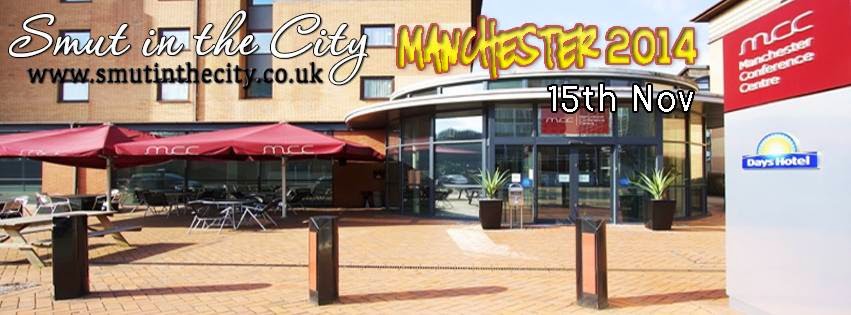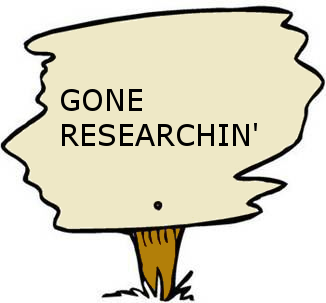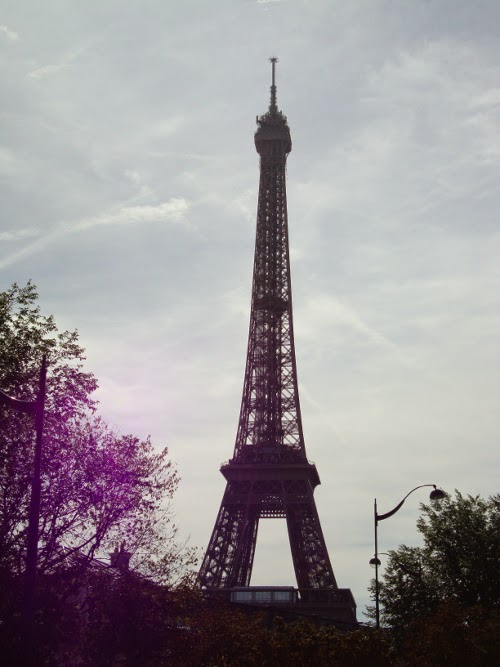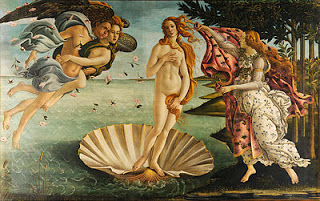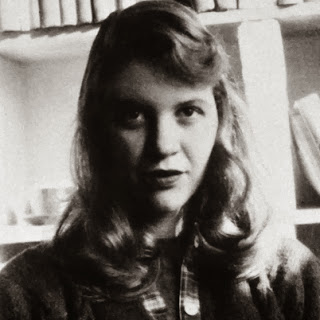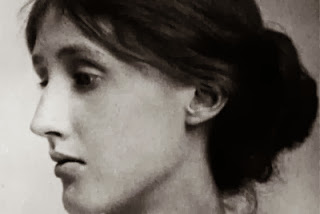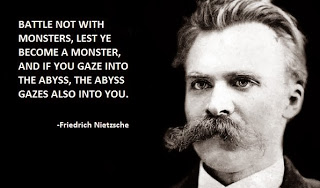It’s a sad fact of my life that in terms of work, my writing comes last. Not because I want it that way, but for the time being, because it has to be. Running my own business means I can work from home and have flexibility in my schedule. In turn, this allows me to squeeze writing in wherever I possibly can. But of course, paying clients (as opposed to writing books that may or may not be contracted, and may or may not sell), must come first for me to survive.
Therefore, distractions from my writing, when I get to do it, are not welcome. I’m not talking about the emails-coming-in, social-media type stuff, as they’re distractions that can be avoided, or at least ignored until you’ve written so many words. I mean the unavoidable distractions; personal ones, health ones, family ones, and so on. Stuff that demands your time, with no exceptions or workarounds.
It can be very hard to stay focussed on creativity when there’s something on your mind. Or it is for me, anyway. If I’m not in the right frame of mind then I tend to just stare at the screen with not much going onto the page. It’s frustrating, but it can’t be forced.
So, what to do when distractions are around? Well, that’s easy, isn’t it? I’ll do client work, I’ll do my freelance editing, I’ll shout about the books I already have out there – there are lots of tasks that make up my average day, and for that I’m grateful. I’m not sure how I’d cope with being a full-time writer, as when distractions come along, I’d be achieving very little. At least this way, I’m still crossing things off a to-do list.
What about you? Can you write through certain types of distractions? How do you cope with them?
Happy Reading,
Lucy x
*****
Lucy Felthouse is a very busy woman! She writes erotica and
erotic romance in a variety of subgenres and pairings, and has over 100
publications to her name, with many more in the pipeline. These include several
editions of Best Bondage Erotica, Best Women’s Erotica 2013 and Best Erotic
Romance 2014. Another string to her bow is editing, and she has edited and
co-edited a number of anthologies, and also edits for a small publishing house.
She owns Erotica For All, is book
editor for Cliterati, and is one eighth
of The Brit Babes. Find out more
at http://www.lucyfelthouse.co.uk.
Join her on Facebook
and Twitter, and subscribe to her
newsletter at: http://eepurl.com/gMQb9

